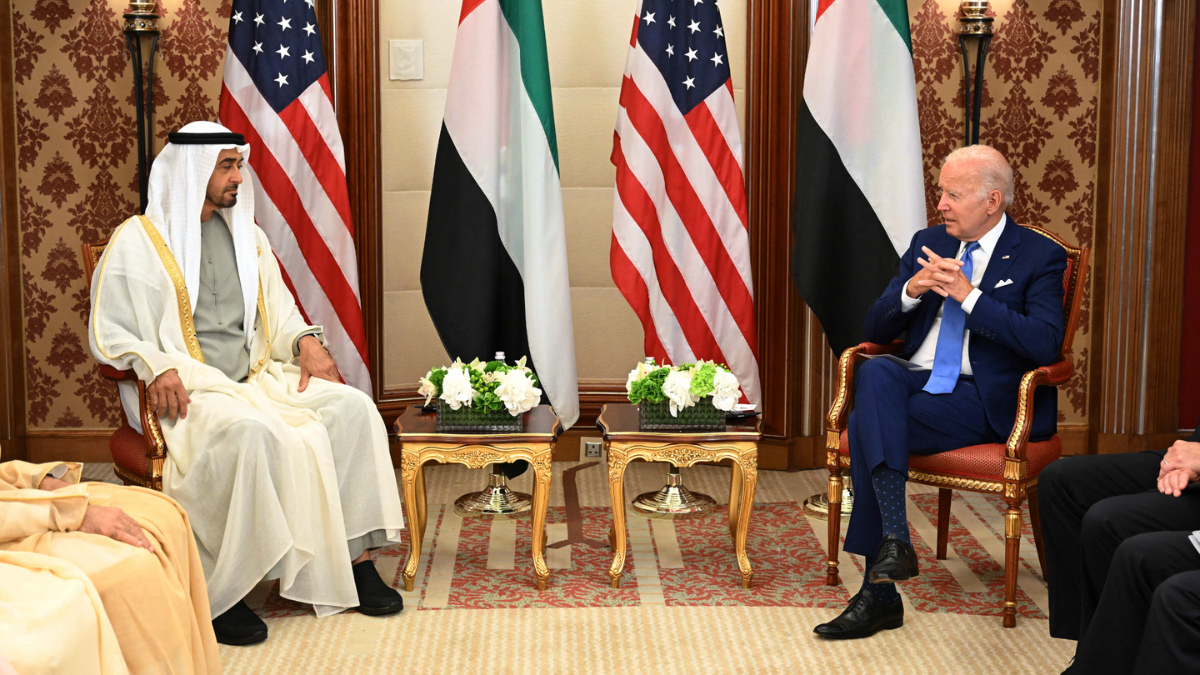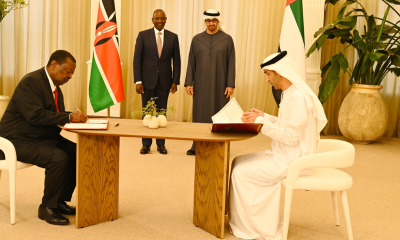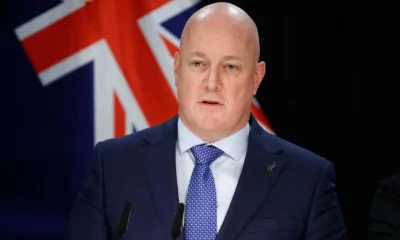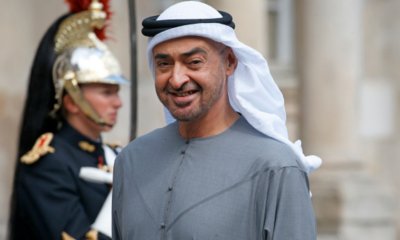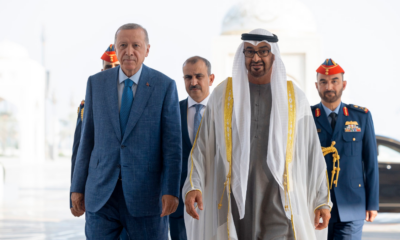Significant developments in regional dynamics are occurring in the Middle East, sparking
conversations and arguments over whether the area is decoupling from the United States.
As regional nations exert their influence and pursue their interests, concerns regarding the
future of the US-Middle East relationship and the region’s developing power balance
emerge.
Various events in the Middle East in recent years have called into question the conventional
dynamics of US dominance in the area. Changes in the geopolitical landscape, the rise of
new regional actors, and adjustments in alliances and alignments are all examples of this.
Some Middle Eastern nations’ willingness to diversify their alliances and interact with other
global powers has been seen as a sign of decreasing reliance on the United States. This
tendency has been especially noticeable in sectors such as commerce, investment, and
military cooperation, when regional governments strive to expand connections with
alternative partners.
Furthermore, regional forces have asserted themselves more significantly on the global
scene in the Middle East. Countries such as Saudi Arabia, the United Arab Emirates, and
Iran have adopted more aggressive foreign policy positions, pursuing their own interests and
agendas. This assertiveness, along with the shifting dynamics of international relations, has
sparked debate about whether the Middle East is rapidly decoupling from the United States.
While there are signs of a possible change in regional dynamics, the United States continues
to have considerable interests and participation in the Middle East. The United States
remains an important player in the region’s security, economic, and diplomatic affairs. It has
long-standing ties and relationships with a number of nations, and its military presence and
influence remain significant.
Furthermore, the Middle East faces a slew of difficult challenges that necessitate
international collaboration and engagement. Terrorism, regional wars, energy security, and
humanitarian crises all need collaboration between the US and regional entities.
ALSO READ: ‘Period Poverty’ deepening gender inequality in Middle East displacement camps
As the area evolves, the topic of decoupling from the US remains a source of discussion and
study. A variety of factors, including altering power balances, regional wars, and evolving
global dynamics, will most likely influence the future trajectory of the US-Middle East
relationship.
The Middle East’s shifting dynamics create both difficulties and possibilities for the United
States and regional actors. As the region expresses its own interests and seeks alternative relationships, all stakeholders must manage these changes and find common ground to
address shared challenges.
